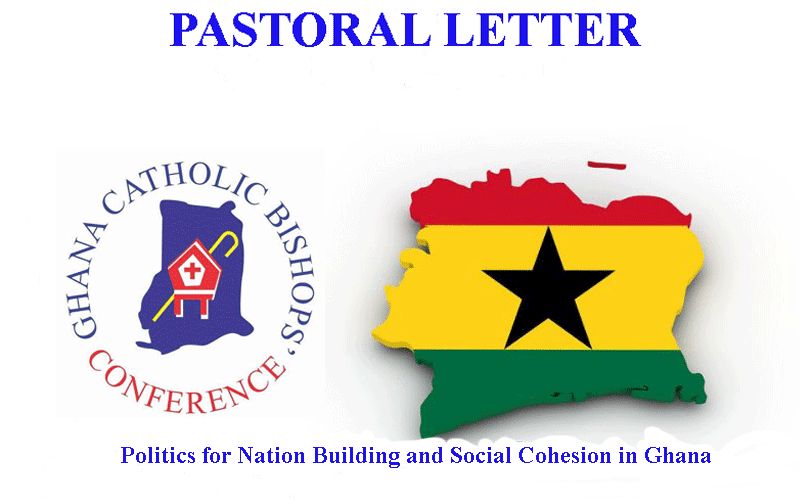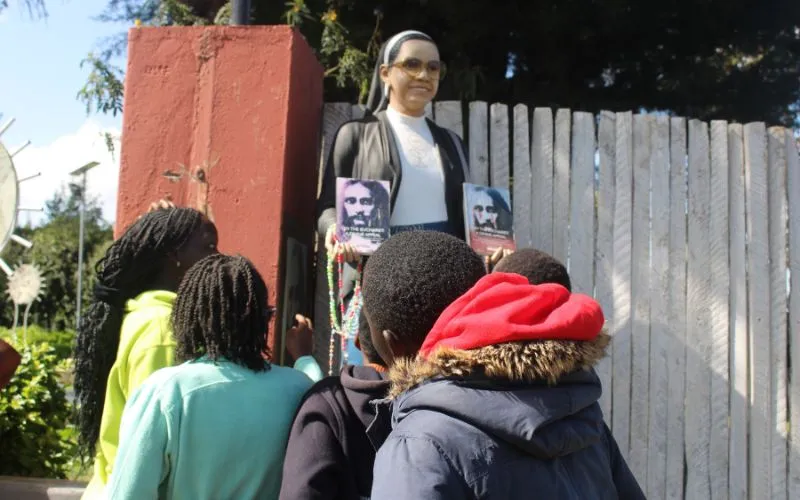Accra, 11 August, 2020 / 8:09 pm (ACI Africa).
Every Ghanaian has a role to play in ensuring free, fair, peaceful and transparent elections slated for December, according to Catholic Bishops in the west Africa country who have issued a pastoral letter, cautioning the Clergy to desist from engaging in political predictions ahead of the poll.
In their letter dated Monday, August 10 obtained by ACI Africa, members of the Ghana Catholic Bishops Conference (GCBC) say that various individuals and groups in Ghana, including the Presidency, the Electoral Commission of Ghana, Civil Society Organizations and the Faith-based organizations have a role to play before and during the elections.
“Dearly beloved fellow citizens, now, ensuring free, fair, peaceful and transparent elections, even in this era of the COVID-19 pandemic, is a collective responsibility of all Ghanaians. However, some institutions of state bear greater responsibility,” GCBC members say in their collective letter to the People of God in the west African country.
As for the Church, the Bishops in Ghana say, “The Faith Based Organizations and the Clergy should desist from openly taking part in partisan politics, from preaching predictions of election results, and from pronouncing prophecies of electoral results.”
In the August 10 statement signed by GCBC President, Archbishop Philip Naameh, the Bishops in Ghana further caution religious leaders against prophesying death of public personalities in a bid to take part in election debates.








